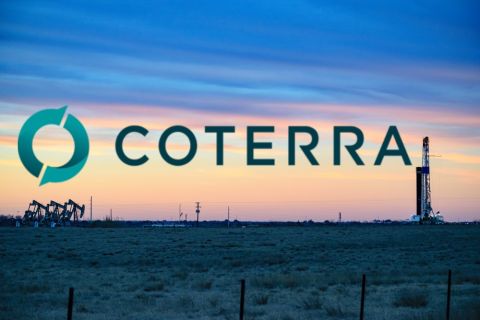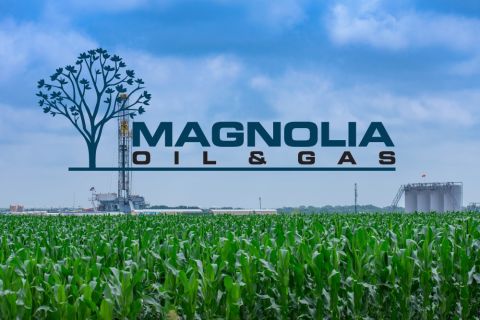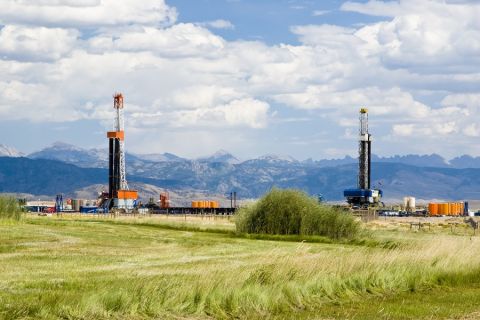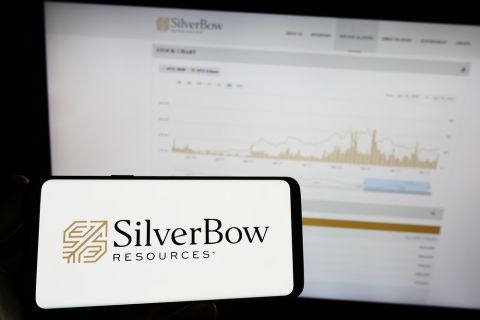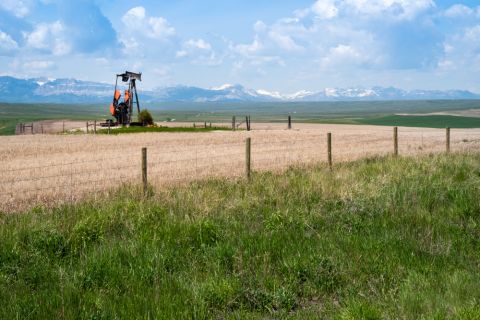The certification of petroleum reserves evaluators may curb the inaccuracies that are plaguing oil and gas reserves information, says Ron Harrell, chief executive officer and chairman of reservoir analysis firm Ryder Scott. "There are no U.S. standards for the qualifying of reserves evaluators," Harrell said at the recent KPMG energy conference in Houston. "Many companies have excellent programs to ensure qualifications of evaluators but there are wide variations in individual company training and instruction." The only universal standards that do exist were first written in 1977 and updated in 2001 by the Society of Petroleum Engineers. These standards require three years of experience with one year of reserves experience to be qualified as a reserves estimator, and 10 years of experience with five years of reserves experience to be qualified as a reserves auditor. Harrell believes these standards may not be adequate today. "We've had a lot of technology expansion since those standards were first written in 1977. Also, many companies are understaffed and they have come under increased scrutiny by the SEC through Sarbanes-Oxley. But the primary purpose for increasing these standards is to maintain or restore investor confidence in the petroleum industry," he said. Harrell's proposed certification program would be Internet-based with worldwide accessibility. An examination with possible "open book" testing would come at the end of the process and there would be no grandfathering, so every estimator, regardless of age or experience, would be eligible for certification. Harrell also suggested making certification optional rather than a requirement, though if the certification program does become universal, it will quickly become necessary to be certified. There could be separate programs for engineers and geoscientists, he added. The training would focus on recommended practices, ethics training, reserves definitions and continuing education. Certification would be available to producers, consultants, regulators, bankers and others, but candidates would be required to demonstrate competency in reservoir engineering and geology as the minimum basis for admission. John Olson, senior vice president and chief investment strategist for investment-banking firm Sanders Morris Harris Partners, believes the problem with reserve estimates is no one actually knows if they're reliable. "Investors want to see the process by which the reserves estimator got to these numbers, because the process is very subjective. They need to see the full display of the proved, probable and possible reserves, the estimated development costs of each, the decline curves and the sensitivity analysis," he said. Wes Peirce, reserves and economics manager for Anadarko Petroleum Corp., believes the focus on reserves should be an issue of quality. "The driving forces behind bettering the practices for reserve management are Sarbanes-Oxley, to optimize shareholder value and because it's the right thing to do. By bettering our reserve-estimation process we will be providing our investors [with] reserve-quality assurance." Peirce believes companies want to do evaluate reserves correctly, but most of the time they don't know what is correct. "The SEC has done a bad job of informing the companies it regulates on the definitions and the rules, so the definitions continue to be reinterpreted. The guidelines are not well known, and you can call the SEC and ask them, but they will take a conservative position almost every time. "Reserve failure is often caused by companies overcompensating when the SEC's rules don't reflect the economic conditions. Oil and gas companies have become very dependent on their definition of technology, much more than the SEC definitions will permit."
Recommended Reading
CEO: Coterra ‘Deeply Curious’ on M&A Amid E&P Consolidation Wave
2024-02-26 - Coterra Energy has yet to get in on the large-scale M&A wave sweeping across the Lower 48—but CEO Tom Jorden said Coterra is keeping an eye on acquisition opportunities.
CEO: Magnolia Hunting Giddings Bolt-ons that ‘Pack a Punch’ in ‘24
2024-02-16 - Magnolia Oil & Gas plans to boost production volumes in the single digits this year, with the majority of the growth coming from the Giddings Field.
E&P Earnings Season Proves Up Stronger Efficiencies, Profits
2024-04-04 - The 2024 outlook for E&Ps largely surprises to the upside with conservative budgets and steady volumes.
Kimmeridge Fast Forwards on SilverBow with Takeover Bid
2024-03-13 - Investment firm Kimmeridge Energy Management, which first asked for additional SilverBow Resources board seats, has followed up with a buyout offer. A deal would make a nearly 1 Bcfe/d Eagle Ford pureplay.
Laredo Oil Subsidiary, Erehwon Enter Into Drilling Agreement with Texakoma
2024-03-14 - The agreement with Lustre Oil and Erehwon Oil & Gas would allow Texakoma to participate in the development of 7,375 net acres of mineral rights in Valley County, Montana.

